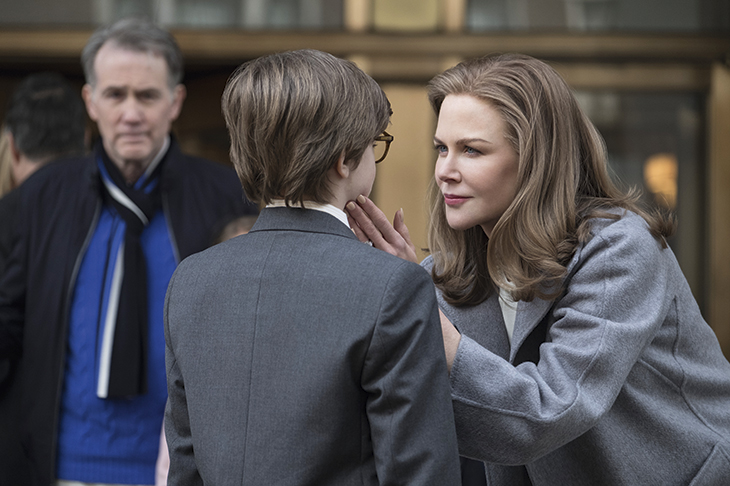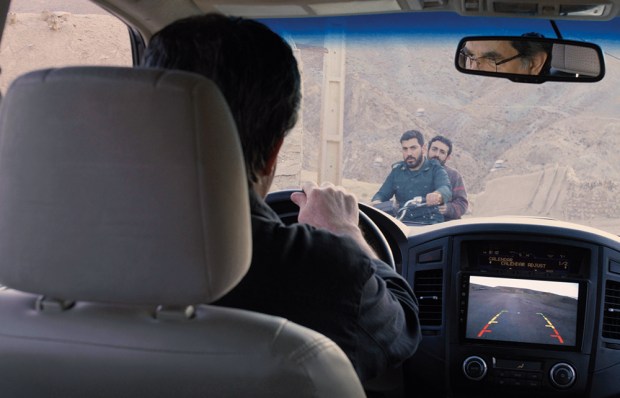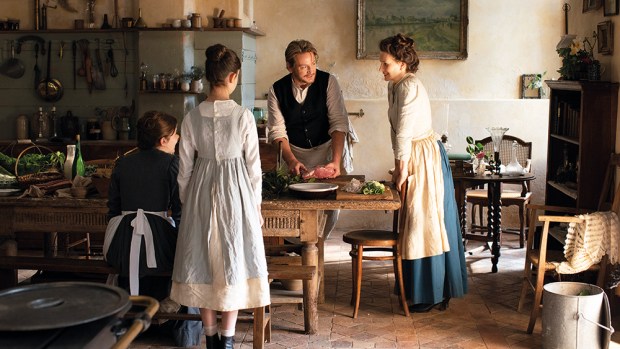The Goldfinch is an adaptation of the Pulitzer Prize-winning novel by Donna Tartt that centres on a great work of art, unlike this film, which isn’t. A great work of art, that is. This is more a flat, forgettable, colour-by-numbers job, plus it is long (150 minutes, for the love of God) and drags so listlessly it seems even longer. It’s a film with nothing to say, and boy does it take its time not saying it.
This had all its ducks in a row, credentials-wise. The director is John Crowley (Brooklyn), the screenplay is by Peter Straughan (Tinker, Tailor, Soldier, Spy) and the cinematographer is Roger Deakins, who could make your colonoscopy look beautiful, for heaven’s sake. But I suppose you just never know (it can work the other way: Casablanca and Singin’ in the Rain, for example, came off their respective film studios’ conveyor belts and were never intended to be marvellous. They just were. And now I’ll stop distracting myself with films that are good and get back to the business in hand).
For the uninitiated, the novel, which was published in 2013, is a sprawling bildungsroman about 13-year-old Theo Decker whose life is turned violently upside down when, on a trip to the Metropolitan Museum of Art, a terrorist bomb goes off, killing his mother. At the behest of an injured, dying old man he makes off with a painting — the 1654 Carel Fabritius masterpiece ‘The Goldfinch’ — and for the next 14 years and several hundred pages it becomes his burden, his solace and his secret as he is flung from New York to Las Vegas to Amsterdam, encountering an array of memorable characters. There’s the sad, rich Park Avenue family who temporarily adopt him, his Russian pal, Boris, the kindly antique dealer Hobie and also Pippa, the young girl who survived the explosion too. I say ‘memorable’, as they were memorable in the book. Not so much here.
Rather than tell the story chronologically, the film chooses to alternate between two timelines: Theo as a boy (played by Oakes Fegley) and Theo as a young man (Ansel Elgort). Consequently, the narrative is choppy and a jumble rather than propulsive. It’s this happened, then this happened, then this happened, as we spool backwards and forwards, without any real momentum, and without giving us anyone we can care about. Theo has been torn from his mother, in the most horrific circumstances, and dumped on a family who don’t want him, so you’d think we’d be rooting for him, but we’re not especially.
The film strips him of his interiority, and without that he is, quite simply, not a compelling character. Instead, he drifts passively and blandly — do we understand about his anguish and depression as he crushes up opioids? No, not at all — while the secondary characters are wholly under-developed. Pippa (Ashleigh Cummings) is pointless. Hobie (Jeffrey Wright) is concerned and avuncular and nothing more. And Boris. Oh, Boris. Boris should be hard-living yet soulful and vulnerable but as a boy (Finn Wolfhard) he is so annoying you want to clip him round the ear and as an adult he is Aneurin Barnard with a faux-Russian accent wearing a bad wig, so you just want to laugh. The best performance, by far, is from Nicole Kidman as the Park Avenue matriarch, but then her character does, at least, get to go on a journey that feels real.
Some very odd choices have certainly been made. When Theo and Boris take acid as kids, as a way of escaping their realities, we don’t see what they see. There are no special effects or any of that. Instead, we have to take their word for it, as they simply stumble around a dark playground. Also, the musical score is particularly insistent — nothing happens without a cello or piano kicking up — and the painting is simply forgotten for extensive periods, and I’m also wondering if the storytelling is that coherent. Would I have understood the ending if I hadn’t read the book? Or would I be thinking: hang on, why has this suddenly become a gangster flick?
It is, indeed, beautiful to look at, but it’s not layered or textured or meaningful and it plays like a tiresome, empty blockbuster that goes on and on and on. You may not wish to kiss the ground when you finally get to leave the cinema. But I did.
Got something to add? Join the discussion and comment below.
Get 10 issues for just $10
Subscribe to The Spectator Australia today for the next 10 magazine issues, plus full online access, for just $10.
You might disagree with half of it, but you’ll enjoy reading all of it. Try your first month for free, then just $2 a week for the remainder of your first year.














Comments
Don't miss out
Join the conversation with other Spectator Australia readers. Subscribe to leave a comment.
SUBSCRIBEAlready a subscriber? Log in